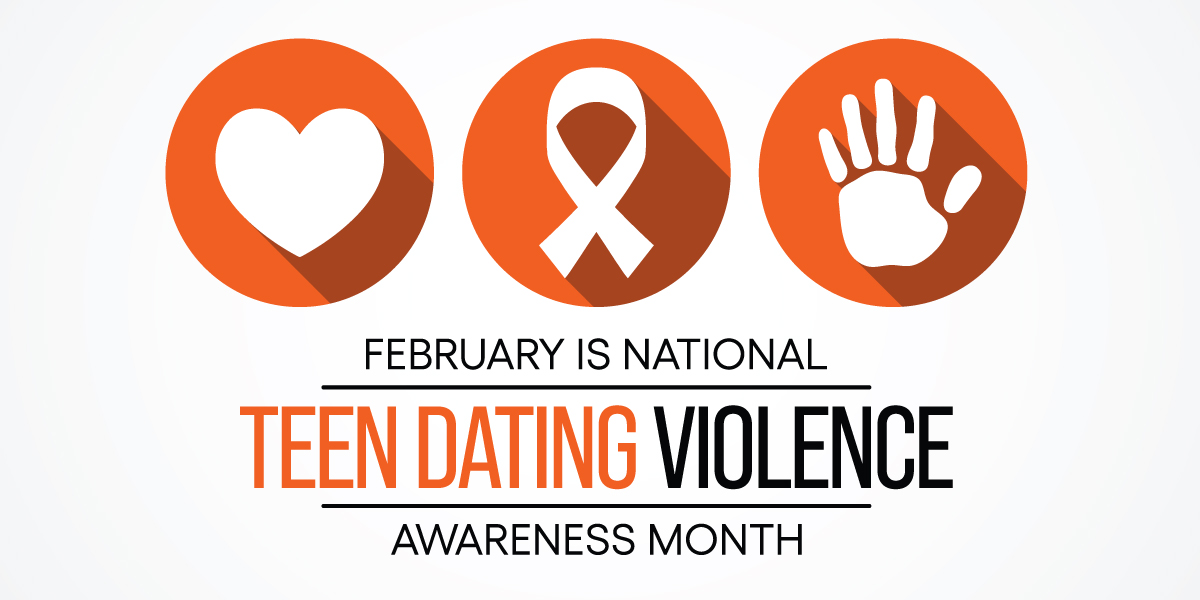February is National Teen Dating Violence Awareness Month. Dating violence affects not only teenagers, but their parents, friends, teachers, and the communities they live in. Nationwide, youth between the ages of 12-19 experience the highest rates of rape and sexual assault, according to youth.gov. Approximately 10% reported physical violence from an intimate partner during the previous year, particularly girls. Girls are more likely to suffer long term health and behavioral health consequences, which include drug use, eating disorders, and even suicide attempts.
“Dating violence is more common than many people would think, especially among teenagers. Teens who have experienced dating violence, have a higher risk of experiencing long term problems such as addiction, violent outbursts, depression, anxiety, and suicidal thoughts. The earlier that adolescents and teenagers are taught openly about boundaries, respect, and consent in relationships, the better.” – Kaylee Murphy, Director of School Based Services
Often we see children and teenagers who have experienced abusive relationships or who have witnessed violence carry these patterns of violence into other relationships and even into adulthood. These individuals can end up the victims and, in some cases, the one who causes intimate partner violence.
Teaching our youth about nonviolent relationships will help foster safer communities and healthier social environments. Highlighting the signs of domestic violence and showing how a healthy relationship can not only improve your physical and your behavioral health could save a life. Take a stand against teen dating violence by:
• Talking with your teens about the warning signs.
• Talk to them about realistic relationships versus Hollywood’s version. For example, many media outlets portray stalking in a romantic or harmless light when it is actually very dangerous.
•Talk about the attributes of a positive relationship.
“Every year, approximately 1.5 million high school students nationwide experience physical abuse from a dating partner. 33% of adolescents in America are victims of sexual, physical, verbal, or emotional abuse. A dating partner abuses 1 out of 3 teens before they reach adulthood, and in Tennessee, the Tennessee Department of Health reports that teens are more likely to experience sexual assault than any other age group. What makes this even more alarming is that only 1/3 of the teens involved in an abusive relationship confided in someone about the violence. Meaning many parents are not even aware this is happening to their child. We want to share the message that parents need to talk with their children about teen violence. Young people need to know they do not have to be exposed to mistreatment and violence to be loved and accepted.” – Tim Perry, Sr. Vice President, Children’s Services
If you or someone you know is affected by an abusive relationship of any kind, please call or text the 988 Helpline available 24/7. In addition, the National Dating Abuse Helpline is available at 1-866-331-9474 or 1866-331-8453. Youth can also reach this Helpline by texting “loveis” to 22522, which is part of the Love is Respect program for teens.


